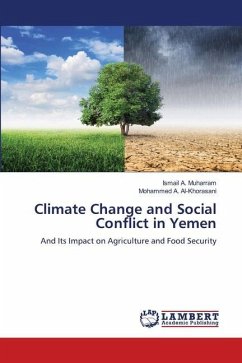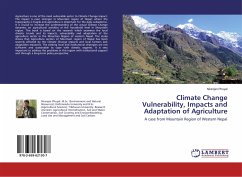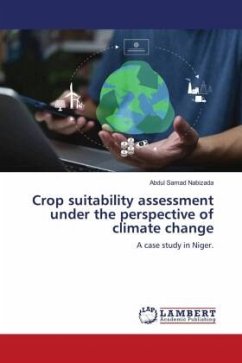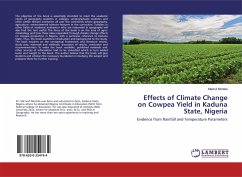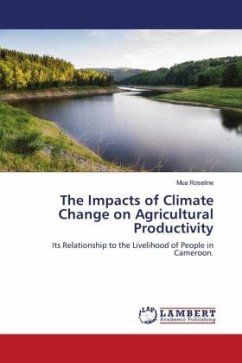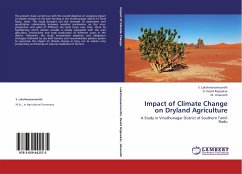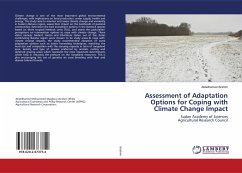Global food production needs to be increased by 70 % in 2050. To feed ourselves we need innovative thinking on how to increase agricultural production while mitigating climate change. Agricultural production and land-use change are responsible for ~30 % of total anthropogenic greenhouse gas (GHG) emissions. If agricultural production continues to be managed in a similar fashion as today, the effects on global climate change will increase. However, agriculture has a significant potential for climate change mitigation, but is still only marginally introduced to mitigation policies. To identify actions, that affect GHG emissions from agricultural production, the development of analytical models and tools is essential. Such models are necessary to identify factors, which can be addressed by future climate change mitigation policies. This book presents the Kaya-Porter identity as a novel inventory framework to estimate and analyse GHG emissions from agricultural crop production, by deconstructing emission into its relevant elements, as a basis for policy-making on climate change mitigation.
Bitte wählen Sie Ihr Anliegen aus.
Rechnungen
Retourenschein anfordern
Bestellstatus
Storno


